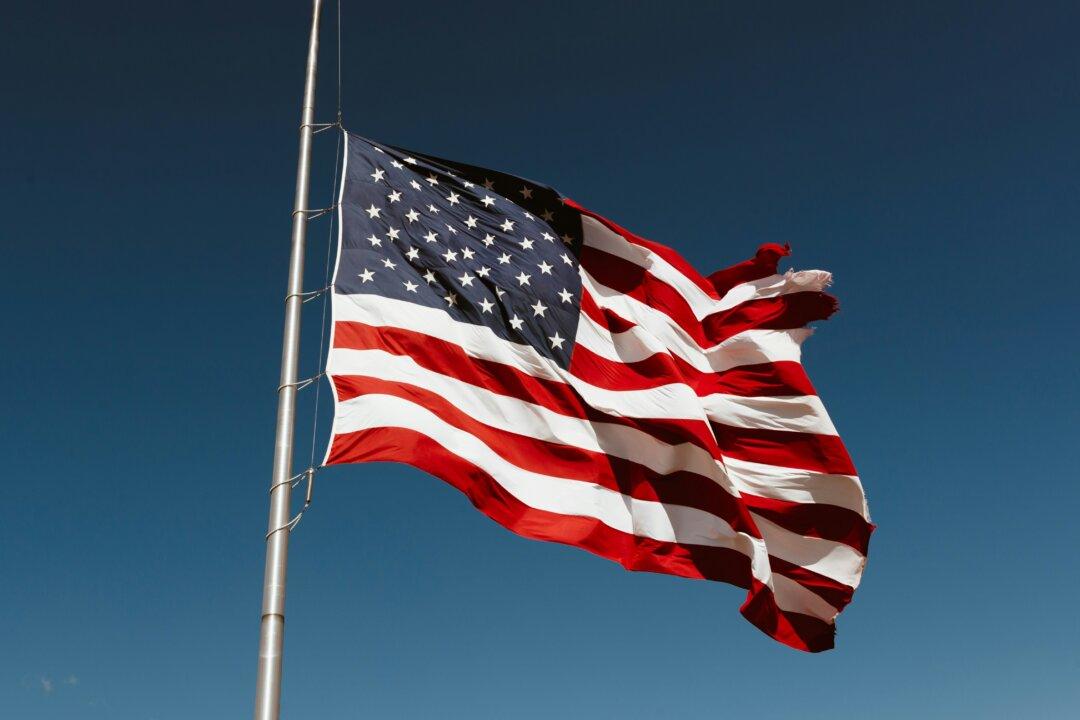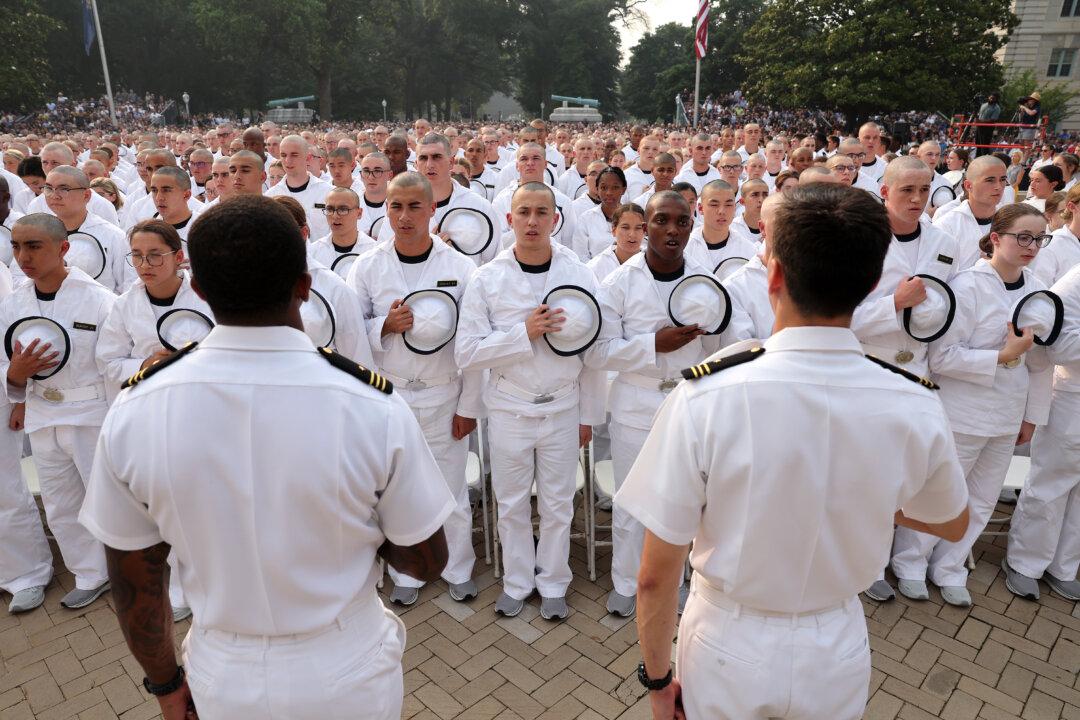This is an excerpt from Bruce Fleming’s new book, “Saving Our Service Academies” (Post Hill Press).
“Leaders to Serve the Nation,” say banners placed all over the Yard of the U.S. Naval Academy (USNA), where I have been an English professor since 1987, and that pop up on the web. This implies perhaps that all graduates are leaders? That leaders cannot be gotten elsewhere? That only Naval Academy graduates serve the nation? That all of them do? We present ourselves as a leadership institution—although, of course, West Point claims the same. Its website says, “The Preeminent Leadership Development Institution.” I guess “leadership” is what you learn at a military institution.


